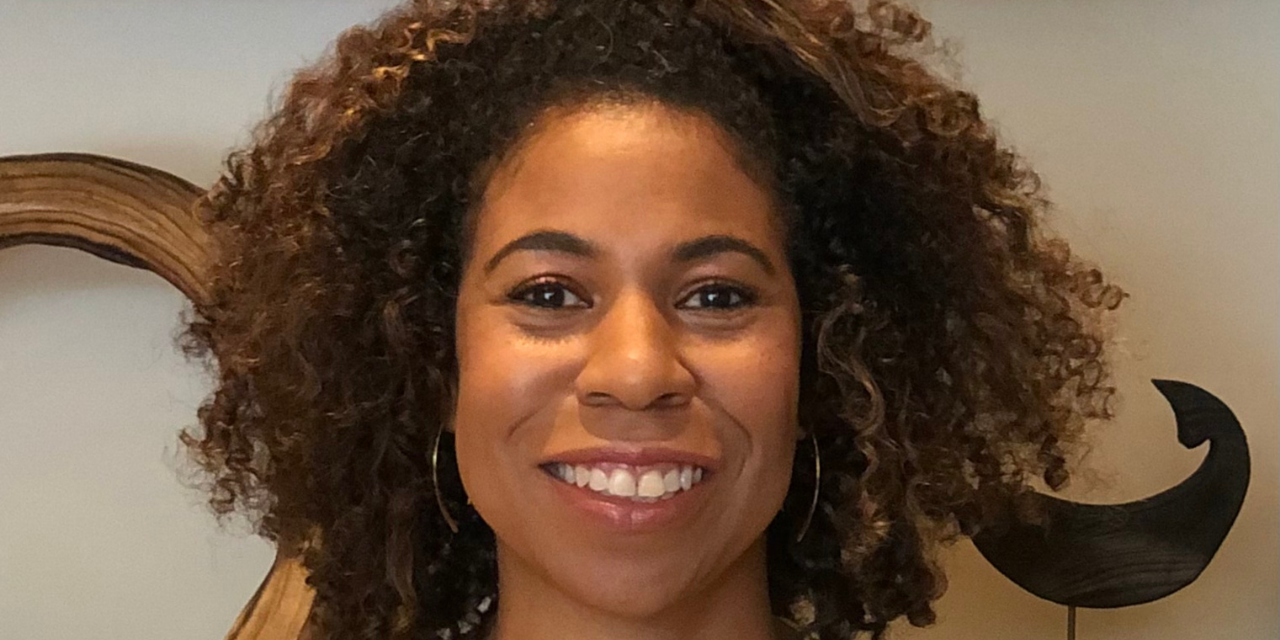Xiania Foster
Instructional Coach
she/her/hers

The work I do: I am fortunate to work with students, teachers, and leaders in Newark, New Jersey; Bronx, New York; and Paterson, New Jersey. I help educators to design and implement literacy programs through a range of activities. I create and provide training sessions in oral language development, phonological awareness, phonics, read-aloud, small group reading, and writing. I develop units of study that address English language arts, social studies, and social justice standards. I provide in-the-moment feedback to teachers as they apply strategies to engage students in discussion, drawing, and writing. Whether providing demonstration lessons or helping to rearrange a classroom, I work alongside teachers and students to create warm and inviting learning environments that nurture the whole child. As an adjunct professor at Bank Street College of Education, my students and I explore theoretical frameworks of literacy development; analyze the contexts, activities and relationships that support children’s language and literacy learning; and apply best practices. In addition to my work in classrooms and schools, I assist the Paterson Education Fund with their Grade-Level Reading and Talking is Teaching campaigns.
My connection to the work of Student Achievement Partners: My early literacy projects directly connect to the work of Student Achievement Partners. Increasing text complexity and content is at the core of my efforts. Leading reading experts argue that “world knowledge’’ is essential to the development of reading and writing skills. Researchers from a variety of disciplines acknowledge that knowledge acquisition must be a primary goal of early childhood education. In my work, I strive to blend best practices in early literacy with culturally sustaining pedagogy and rich content. Texts and tasks have to build on students' funds of knowledge. As scholar Rudine Sims Bishop suggests, books and book discussions should be mirrors, windows, and sliding doors. I co-design units and coach teachers so that a range of perspectives are honored and validated. In addition, shifts in learning standards require school leaders to adjust their approach to literacy and content instruction; a large part of my work is helping leaders to boost the conditions (e.g. time, texts, tasks, and professional collaboration) that create opportunities for deeper exploration and mastery of challenging content. The schools that I work in have historically been under-resourced. Ultimately, I must help educators dive into challenging concepts with children in order to provide an equitable and excellent education to Black and Brown students.
The perspective I bring to the Educator Advisory Board: We have to work together to create transformational change. Collective efficacy is directly tied to student achievement. Singular excellence is not enough; collaborative problem solving, action, reflection are necessary to create loving, engaging, and challenging learning contexts for all children. I will continue to promote teaming and co-creation as approaches that shift power and accelerate community, educator and student knowledge.